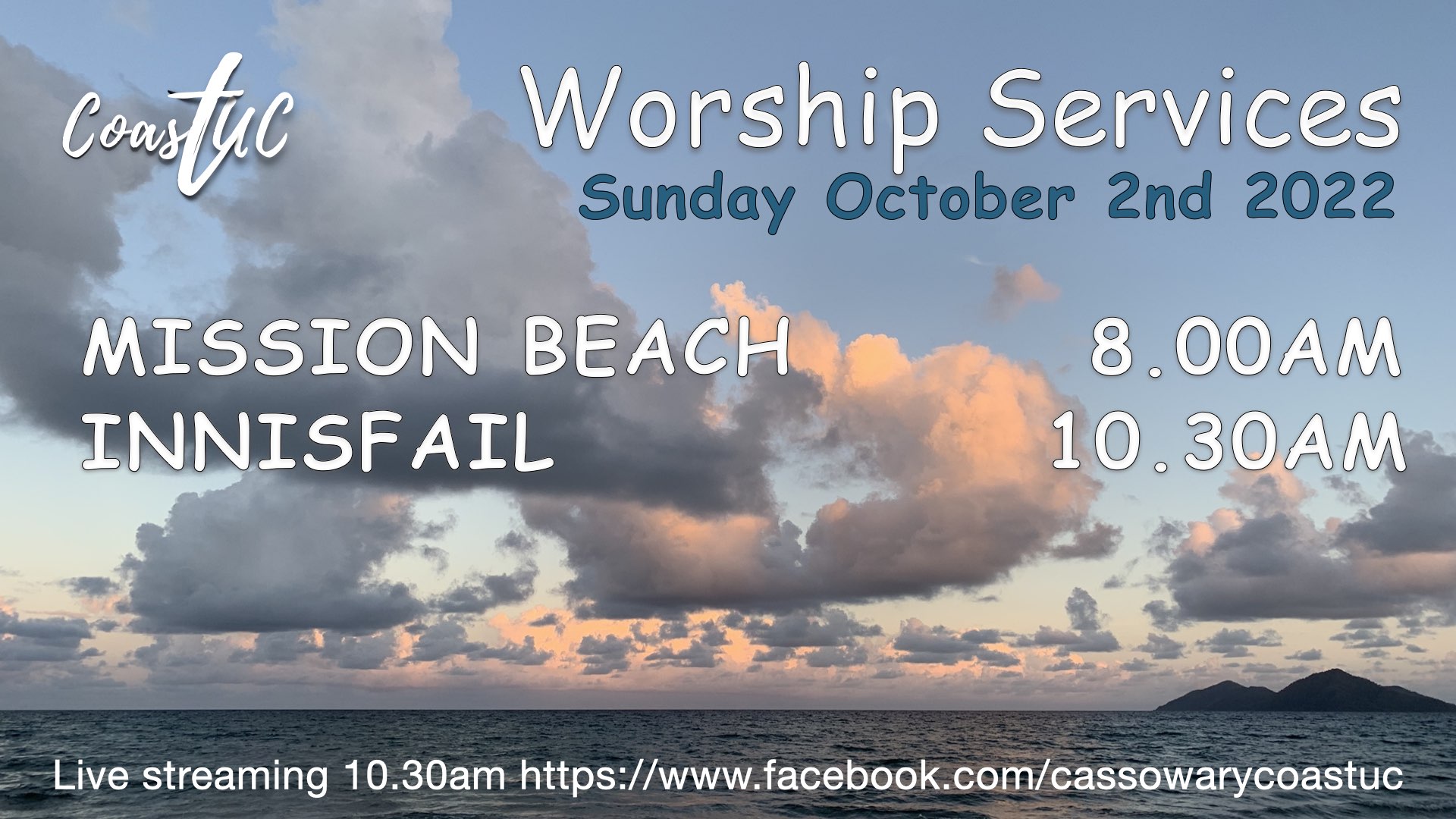
God Loves a Cheerful Decider
Three quotes that lay the foundation for this teaching are: “Cheerfulness is one evidence we have attached faith to our decisions, responsibilities, assignments, and commitments.”“Faithfulness is not just showing up, it is how you think when you show up.”
“Instead of waiting to do something great, attach great faith to what you are doing now and it will become great.”
2 Corinthians 9 is a strong chapter about the attitudes and benefits of financial giving. It reveals well known but nevertheless incredible promises.
We will: Reap generously if we sow generously
Experience all-sufficiency
Be enriched in every way to be generous in every way
Be fully convinced: “Each one must give as he has decided in his heart, not reluctantly or under compulsion, for God loves a cheerful giver” (2 Corinthians 9:7). Continue reading “God Loves a Cheerful Decider”
Why Do We Have to Fight for it?
By Steve Backlund
“Little by little I will drive them out from before you, until you have increased, and you inherit the land”
(Exodus 23:30).
Sudden breakthrough, or little by little breakthrough, what do you choose?
The word “suddenly” appears in the Bible 87 times. This word helps us believe for immediate, unexpected breakthroughs in our own lives. It causes us to press into the power of God and the gifts of the Holy Spirit to bring amazing divine solutions to lives, It is a good thing.
The Children of Israel had many suddenlies. Some of them were:
The parting of the Red Sea (Exodus 15)
The walls of Jericho falling (Joshua 6)
The sun stops for Joshua (Joshua 10)
It is interesting, though, that the possession of their Promised Land was to be a slow process. As I consider this, my mind goes back to Numbers 13 when Moses sent out twelve spies to spy out the Promised Land. It was clear God was giving them this land (Numbers 13:2), so their assignment was to spy on the occupants of the land (the giants) and assess their strengths and weaknesses so they could get a battle plan to defeat them. Unfortunately, ten of the spies did not understand their task and came back with a negative conclusion about their ability to possess the land (which short-circuited God’s will for their lives). On the other hand, Joshua and Caleb believed in God’s promise that they would possess the land.
As I think about this, I have a question. If God has already given them the land, then why do they need to fight to possess it? Shouldn’t they just go in and take it without any struggle?
You have probably heard that the struggle of the butterfly to get out of the cocoon is necessary for its wings to get strong enough to be able to fly. If the process is stopped, then the momentary freedom has long-lasting negative effects.
I once heard about a study of million-dollar lottery winners. After twenty years, 80% were back in the same economic state (or worse) as they were before they won the lottery. This “suddenly” actually created more problems than it solved.
We don’t give the keys to the car to a five-year-old. They are not able to properly steward this “blessing”.
“And no one puts new wine into old wineskins; or else the new wine bursts the wineskins, the wine is spilled, and the wineskins are ruined. But new wine must be put into new wineskins” (Mark 2:22). It is unwise to desire the “new wine” of dramatic increases in finances, favor, or fame without an equal desire and commitment for a stronger “wineskin” of integrity, identity beliefs, and generosity.
God has promised us victory, protection, health, abundance, miracles, answered prayers, and much more. It is our “Promised Land”, but we have to fight to possess it. “Take up the sword of the Spirit, which is the word of God” (Ephesians 6:17). It is called a sword because we are to kill the lies fueling the giants we must overcome in our Promised Land. These giants are strongholds like pessimism, shame, disappointment, fear, offense, victimhood, etc.
In the Old Testament, they displaced the giants in a lengthy process. “I will not drive them out from before you in one year, lest the land become desolate and the beasts of the field become too numerous for you. Little by little I will drive them out from before you, until you have increased, and you inherit the land” (Exodus 23:29-30). It is most often like this in our New Testament experience as well.
So why do we have to fight for our Promised Land? It is because of this truth: It is in the struggle that we build the character to be able to keep and increase the blessing given to us. It is in the process of displacing the enemy that we build the wineskin to attract the new wine we so desire.

A Different Kind of Repenting
“Lord, I am so sorry and am grieving that I am not believing I am righteous, and I repent of that right now.”
“Everyone who has been believing lies about God, others, your circumstances, or about yourself, run to the altar right now and repent.”
“Before you participate in communion repent of the belief that you are not 100% worthy to do so through Jesus’ obedience and death on the cross.”
These statements are not the norm in how we think, but maybe they should be? Because the Greek meaning of the word repentance is “to change the way you think”. We need to plan for some powerful repentance meetings (individually and corporately) where people will repent from beliefs like this:
- “Lord, I am so sorry that I have believed that I am whom my past says I am and not who You say I am..”
- “Father, I am so sorry that I have not believed You love me unconditionally..”
- “Lord, I am grieved that I have believed that I am a sinner instead of a saint.” and
- “Father, I am experiencing deep Godly sorrow because I have believed I am unworthy to be blessed.”
